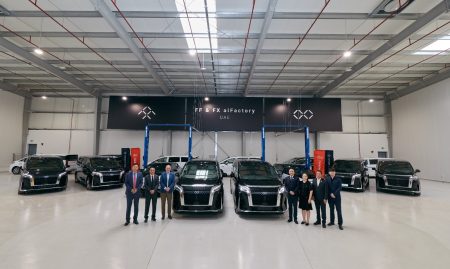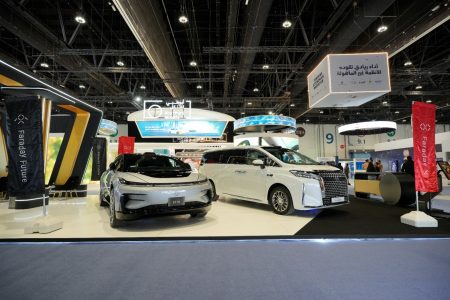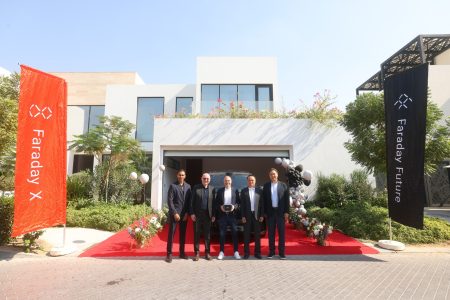Summarize this content to 2000 words in 6 paragraphs in Arabic Unlock the Editor’s Digest for freeRoula Khalaf, Editor of the FT, selects her favourite stories in this weekly newsletter.Apple has struck a deal with Indonesia to invest about $160mn in south-east Asia’s largest economy to help reverse a ban on iPhone 16 sales, resolving a months-long stand-off over the level of the tech giant’s manufacturing investment in the country.The final figure is considerably less than Apple’s $1bn offer last month to manufacture accessories in the country, which was rejected by Jakarta as it demanded the company also set up factories to make smartphone components.Indonesia banned the sale of the latest iPhone last October because of Apple’s failure to meet a regulation that requires 40 per cent of smartphone components to be sourced locally. Since then, President Prabowo Subianto’s government has been in talks with Apple over local manufacturing investments.The negotiations “resulted in an agreement beneficial to Indonesia”, the industry ministry said in a statement late on Wednesday. It did not explain the wide gulf with Apple’s previous offer. The company did not immediately respond to a request for comment.As part of a deal signed this week, Apple supplier Luxshare will invest $150mn to set up a factory in Indonesia to produce about 65 per cent of the global supply of the AirTag tracking device, the ministry said.Through another supplier, Apple is also preparing a production line in Indonesia to make mesh fabric for the AirPods Max headphones, the government added.The factories mark the first manufacturing plants in Indonesia for Apple, which currently has just four developer academies in the country to train students and engineers to develop apps.Apple has also agreed to commit $10mn to meet previous “innovation investment” obligations, said the ministry. It will also set up a software-focused research and development centre and expand the developer academies.The government is processing the issuance of a “local content” certificate that would enable Apple to sell the iPhone 16 in the country, according to the ministry, but did not say when the ban would end.Jakarta’s acceptance of a lower offer from Apple underscores the challenges Prabowo faces in attracting foreign investment, especially in higher-value manufacturing.The president has touted foreign direct investment as key to achieving his ambitious goal of boosting annual GDP growth to 8 per cent from the current 5 per cent.His government rejected Apple’s previous offers, which started at $10mn and increased steadily to $100mn and $1bn.The government called the proposals inadequate and disproportionate to the company’s sales in Indonesia.Jakarta has long used protectionist trade regulations to attract foreign investment and onshore manufacturing, but businesses have faced difficulties in meeting the strict rules.The American Chamber of Commerce in Indonesia has said it is “very challenging” for foreign companies to meet local content thresholds because domestically made products are not available for some sectors such as electronics.Some have also warned that sanctions on companies such as Apple could further dent Indonesia’s appeal, as regional peers such as Vietnam and Malaysia have more investment-friendly policies.
rewrite this title in Arabic Indonesia set to lift iPhone ban after deal with Apple on local investment
مقالات ذات صلة
مال واعمال
مواضيع رائجة
النشرة البريدية
اشترك للحصول على اخر الأخبار لحظة بلحظة الى بريدك الإلكتروني.
© 2026 جلوب تايم لاين. جميع الحقوق محفوظة.








